List of diseases that are exempt from the army( 2015): heart disease, epilepsy, tuberculosis, enuresis
Since the beginning of last year, according to the Regulations given by the military medical examination, the list of diseases that are exempt from the army has been reduced( 2015).If the conscript is suitable for service, only professional medics have the right to decide if the patient's health is at the borderline.
Doctors are guided by the current list of diseases. The army implies the service of only healthy soldiers, who will not have complications or attacks during the performance of their duty. Examination can recognize the draftee as fit, give a respite or recognize a limited fit depending on the diagnosis.
Mandatory rules
The "completely unfit" status is assigned without additional medical examination if there are following deviations, of which the list of diseases that are exempt from the army( 2015) is:
- Schizophrenia.
- No hands or feet.
- Mental retardation.
- Complete deafness.
- Loss of vision.
All other cases involve the passage of treatment from a specialist, which indicates a re-examination after therapy, or the appropriation of the degree of disruption of certain areas of the body.
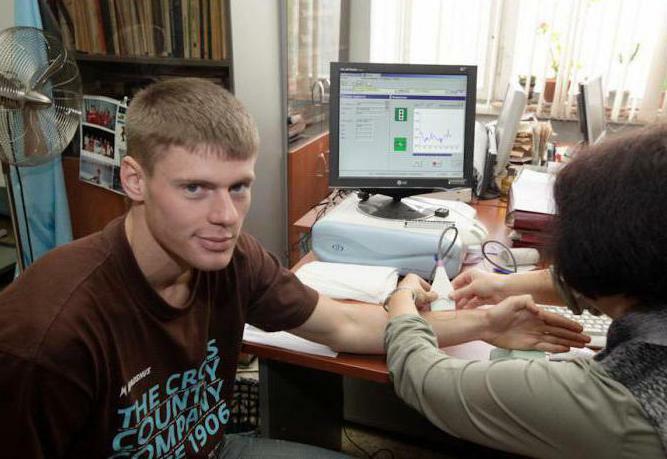
The delay from the army is given in the presence of a disease that can be treated in a certain time interval. According to the rules of 2015, not all diseases associated with the violation of the central nervous system, allow a person to get a military ticket, not having served in the army. A 100% basis for the "D" category is neither bronchial asthma nor insufficient body weight.
The list of diseases that exempt from the army( 2015) includes other serious deviations in the health of the recruit:
- Flat-footed second degree.
- Tuberculosis.
- Hemophilia( hereditary).
- Ischemic heart disease.
- Tumors are both malignant and benign.
- Diabetes mellitus.
- Cirrhosis.
- Gout.
- Obesity.
The entire list of deviations, which are the cause of non-service in the army, has more than 100 different diagnoses.
Epilepsy
Actual to date, the question of whether the army is taken with epilepsy. Previously, the disease was a weighty reason not to serve, and all forms of epilepsy were contraindicated. The exception was only symptomatic, when seizures were a consequence of brain damage.
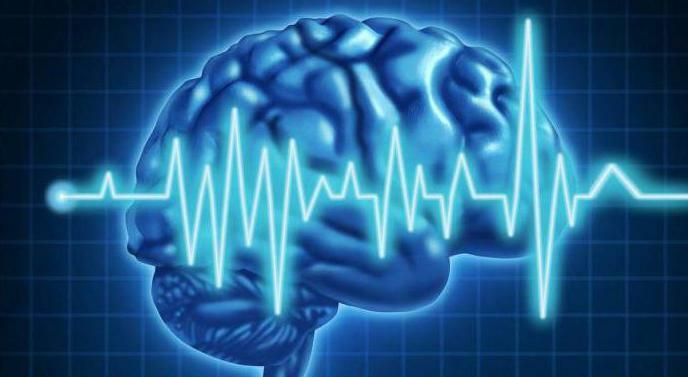
At this time, a patient suffering from any form of the disease can be drafted into the army if there are no serious abnormalities or life-threatening consequences. In any case, medical examination can not be avoided.
Categories of diseases that are not allowed to service
All considered deviations in human health can be combined into a list of diseases that are exempt from the army( 2015), by category. Of these, the main diseases are the following( according to data for the current year):
- Blood, as well as immunodeficiency.
- Parasitic.
- Infectious.
- Tumors.
- Endocrine system, cardiovascular.
- Nervous system.

Common causes, due to which a person is not allowed to the army, are pathologies in the systems:
- Urogenital.
- Gastrointestinal.
- Eye and ear organs.
- Circulation.
Complete the list of diseases that are exempt from the army( 2015), skin lesions, the consequences of serious injuries, urinary incontinence and stammering.
Infections and neoplasms
Infectious diseases, manifested in severe form, are a weighty reason for not serving in the army. First of all, tuberculosis extrapulmonary or active pulmonary. Plus, leprosy or any HIV disease. The delay from the army is given with treatable syphilis or tuberculosis. After the passage of therapy and complete recovery, an examination must be carried out again.
Sending for treatment is the result of infection with infections from chlamydia, arthropods, fungi, etc. If there is no positive effect of therapy, a person gets the category "D".Contraindicated service and those who have a tumor of any kind: benign or malignant. An obligatory condition is the impossibility of complete removal of the tumor or the global spread of metastases that have violated the working capacity of any organ. If a tumor is detected, a temporary deferral is given with further confirmation from honey.expertise.

Diseases of the endocrine system and obesity
With obesity degree 4, and also 3 people are contraindicated in the service. A delay for a certain period is given, which allows you to undergo a full course of treatment. If all is ineffectual, the patient is considered unfit.
Any form of manifestation of abnormalities in the endocrine system associated with diabetes mellitus is not subject to challenge. Does not affect the decision to assign a category "D" and the extent of the disease. This is due to the fact that violations in the metabolism of the body can not be corrected in military conditions, and the disease itself does not lend itself to treatment today.
Disorders in the psyche and addictions
Unconditional contraindications include such mental disorders as:
- Delusions or obsessions.
- Backwardness of development and thinking.
- Psychoses.
- Personality disorders.
- Any form of schizophrenia.
The reason for the breakdown is also not taken into account. It can be a severe trauma, an infectious lesion, a tumor and many others.etc. Such a deviation is usually detected by a psychiatrist.
In the absence of symptoms of mental disorders, but diagnosing addiction to narcotic substances, a delay is given, during which the patient must undergo a course of recovery in a specialized dispensary. This diagnosis requires a documentary confirmation of the results of a survey in a hospital.
Nervous system
Neurological diseases are one of the main reasons for assigning the category "D" in the column on military service. Deviations in the nervous system include:
- Multiple sclerosis.
- Violations of the functions of the peripheral nervous system( does not depend on the degree assigned).
- Paresis.
- Trauma of the spinal cord, as well as the head.
- Paralysis.
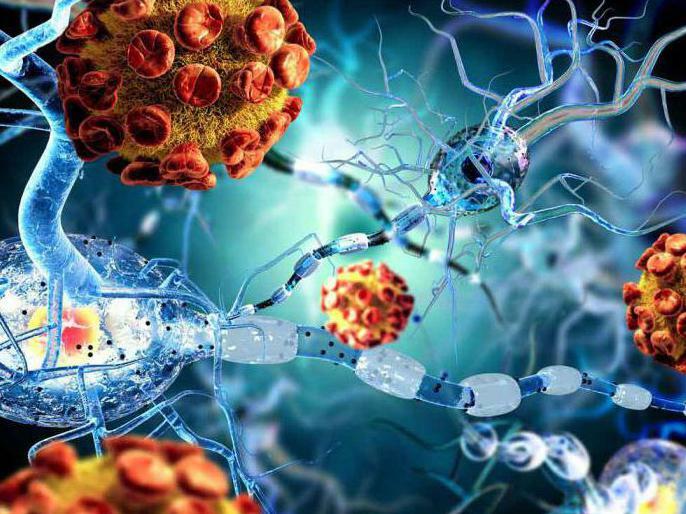
There are temporary disorders that occur after a previous acute disease or surgical treatment. In these cases, a period of six months to a year is given for the rehabilitation course. After the patient undergoes a second examination.
Respiratory and digestive system
Do not take in the army with ozene, damage to the larynx, purulent sinusitis, abnormalities in the lungs or impaired breathing. All this refers to the pathology of respiratory organs. If the disease is not clearly expressed, then the degree of validity is given with insignificant restrictions.
Dispatch or postponement awaits the draftee if he has diagnosed the pathology of the jaws and / or teeth:
- Dysfunction of the swallowing function.
- Severe form of periodontitis.
- Jaw pathologies with violation of important functions of respiration, smell, etc.
- No more than 10 teeth.
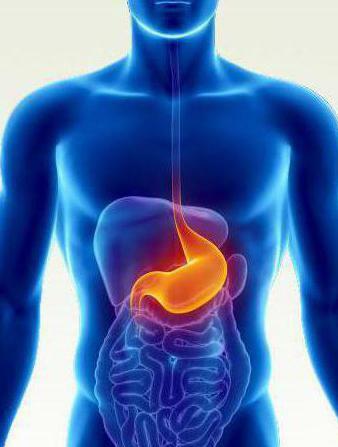
Some diseases of the gastrointestinal tract are a contraindication to military service. This is especially true for stomach ulcers, as well as for the duodenum. When pancreatitis or hepatitis look at the severity of the disease, as well as on what functions were violated. If gastritis is detected, then the degree of validity is indicated with insignificant restrictions. When diagnosing hernias, treatment is performed by the method of surgical intervention, and afterwards - another examination. Common gastrointestinal diseases, besides the above, are colitis, incontinence, erosion of the stomach and many others.other
Other pathologies affecting service in the army
In the absence of pronounced deviations in health, each draftee must undergo a survey by a team of experienced specialists. After this, a course of therapy is prescribed or the severity of the abnormality of a particular organ is determined. In most cases after the treatment, an examination is carried out by the commission again.
From the army, the soldier can be commissarized upon detection of the following problems:
- violation of the speech apparatus;
- diseases of the musculoskeletal system;
- enuresis;
- pathology of bones and the whole skeleton;
- insufficient physical development: height, weight, etc.;
- allergic reactions to food included in the ration army( retirement);
- pathology of the kidneys and organs of the reproductive system;
- abnormalities in the functioning of the heart.
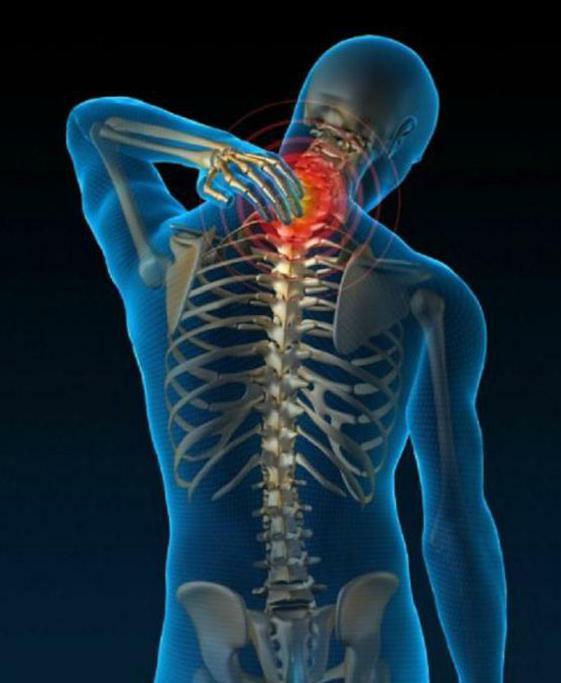
With the above deviations, being in military conditions is not safe for health and life in general. In the event of disputes, specialists from the medical unit convoke a special commission, which reveals the severity of the disease and gives a withdrawal from service in the army.
